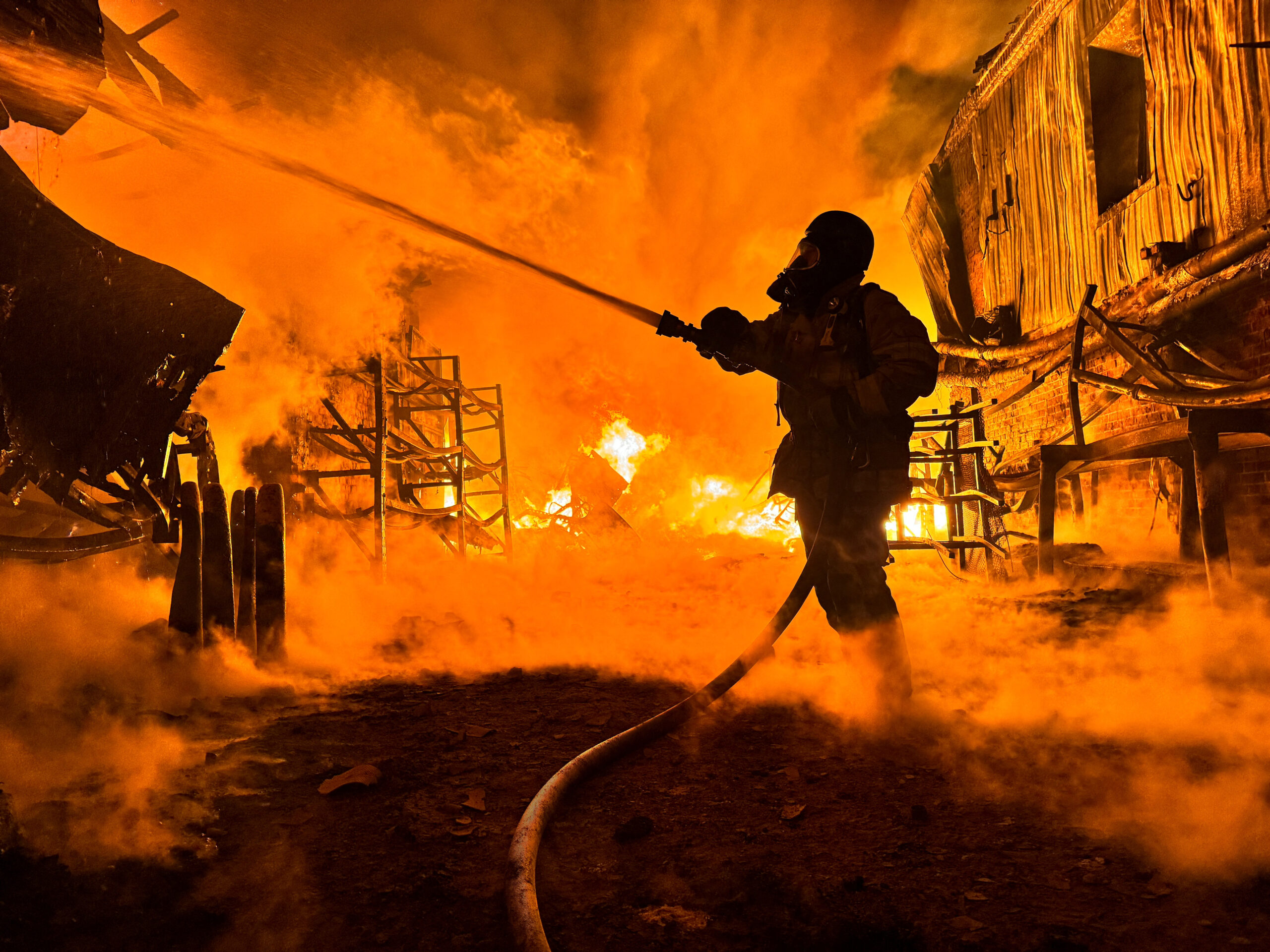Obama plans to send military advisers to Iraq
U.S. President Barack Obama said on Thursday he\’s prepared to send up to 300 military advisers to Iraq to “assess how we can best train, advise and support Iraqi security forces.”
Obama said the US was prepared for "targeted and precise military action, if and when… the situation on the ground requires it", but added that US troops would not fight in Iraq.
He went on to insist there was "no military solution" and urged the Shia-led Iraqi government to be "inclusive".
Iraq has asked the US for air strikes against the Sunni militants.
The US president said on Thursday that another ground war in Iraq would not solve the country\’s problems. Iraq\’s Shia-led government is facing a rebellion by Sunni fighters and members of Islamic State in Iraq and the Levant.
"We do not have the ability to simply solve this problem by sending in tens of thousands of troops and committing the kinds of blood and treasure that has already been expended in Iraq," Obama said.
"Ultimately, this is something that is going to have to be solved by the Iraqis."
Obama, however, said the country was ready to send up to 300 military advisers to Iraq "to assess how we can best train and advise and support Iraqi security forces."
He added that the US was ready "to create joint operation centres in Baghdad and northern Iraq to share intelligence and coordinate planning to confront the terrorist threat of ISIL."
"We will help Iraqis as they take to fight terrorists who threaten the Iraqi people, the region and American interests as well," he said.
"We will be prepared to take targeted and precise military action if and when we determine that the situation on the ground requires it."
The US president said Iraqi leaders should rise above their differences and come together for a political solution to the crisis.
Obama however stopped short of calling for Nouri al-Maliki, to resign as Iraqi prime minister. saying it was not the up to the US to choose Iraq\’s leaders.
Vice President Joe Biden, in a phone call to the Iraqi leader on Wednesday, also had driven home the U.S. message that al-Maliki needs to lead all Iraqis, not just Shiites.
Biden told al-Maliki that he must govern in an "inclusive manner, promote stability and unity among Iraq\’s population, and address the legitimate needs of Iraq\’s diverse communities," a White House statement said.
But to date, Maliki\’s government has relied almost entirely on his fellow Shi\’ites and volunteers for support, with government officials denouncing Sunni political leaders as traitors.
On Thursday, Maliki announced that Iraq\’s government is offering volunteers $644 a month to fight alongside the country\’s security forces in "hot areas" battling the insurgency, and that the government will pay non-fighting volunteers who aid security forces $450 a month. He also promised all volunteers will receive an extra food allowance.
In his comments Thursday, Obama said the United States will further increase its support for security in Iraq to contain terrorist threats.
It already has "significantly increased" its intelligence and surveillance efforts "to get a better picture of ISIL" and its movements in the region, Obama said.
Senior administration officials say measures are intended to signal human rights abusers that they’re being monitored and that their actions will have consequences, Reuters reports.
Obama said the Untied States would send up to 300 military advisers and set up joint operation centers to share intelligence.
Al-Maliki had asked the United States to target militants with airstrikes.
Obama said the U.S. had "positioned more U.S. military assets" in the region and that the the country "will be prepared to take targeted and precise military action" — after obtaining congressional support.
On Thursday, responding to a question, Obama said Iran can play a constructive role in Iraq if it follows the U.S. lead in pressing for the establishment of an inclusive government there.
But the president warned that Iran could worsen the situation if it comes into the conflict solely as an armed force backing Iraq\’s Shiite-led government.
The United States has deep differences with Iran on several issues, he said, adding that the bloody crisis in Syria partly stems from Iran coming in "hot and heavy on one side."
Obama said if Iran views the region "solely through sectarian frames," Iranians could find themselves fighting in a whole lot of places at the expense of the Iranian economy and the Iranian people.
The United States withdrew its military troops from Iraq in 2011 after eight years of fighting there.
Source – Agencies
[do_widget_area inner_adsbar]









